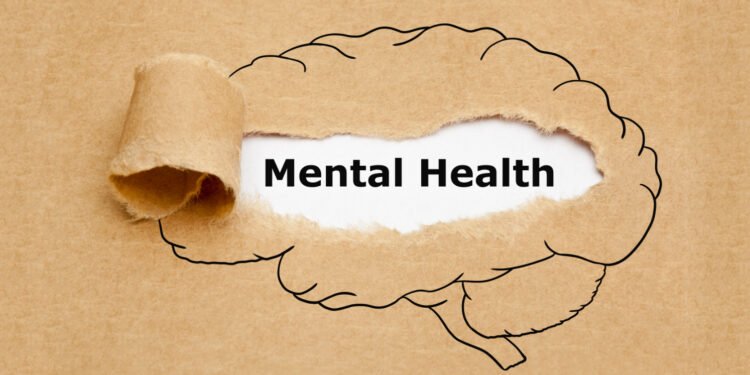
Mental Health has finally found its moment. After decades of stigma and shame surrounding the term, today, we find ourselves in a society where mental health is receiving the recognition it deserves. From people speaking out more freely, the power of technology and the increased availability of access to services, mental health’s long overdue moment has finally arrived.
What has led to the changes in our views about mental health?
There are many factors, including people with lived experience feeling more confident to talk about their struggles, paving the way for others to feel comfortable to follow suit. As more people speak out, the stigma has been broken down and shifted to a more positive discussion. With further education and awareness, mental health problems are no longer entangled with feelings of shame but rather legitimate health concerns.
The rise of technology has been both a blessing and a curse. Although there are a lot of downfalls associated with social media, it has allowed people to connect with others experiencing a similar situation, giving them the confidence to voice the challenges impacting their mental state. Further technological advances have increased the amount and variety of support groups for people sharing similar experiences, providing them with a safe space to discuss their problems and receive the support and understanding they deserve. Furthermore, we have seen advancements in access to mental health services, from apps to telehealth services, enabling people to access mental health care that may be difficult due to geographical, financial or cultural barriers.
Another factor we are seeing is the growing amount of education and awareness programs being rolled out across education systems, empowering our young people to voice their struggles and concerns where in the past, these conversations might have been difficult and often misunderstood. Schools and institutions are also improving their well-being departments by increasing the volume of counsellors and psychologists, which is an essential preventative factor because problems are being recognised earlier. Employers are increasingly investing in their workers’ mental health through employee assistance programs (EAPs). As a result, workplaces are seeing increased productivity and the overall general well-being of their staff.
But mental health’s long overdue moment is not just about services and support. It’s also about a shift in attitudes towards mental health. They are no longer seen as a weakness or personal failing but rather as something that can affect anyone at any time. Part of the shift has been driven by advocates and various organisations doing incredible work to raise awareness and reduce the stigma. Nonetheless, there is still much work to be done in this space. We have seen a 13% rise in mental health conditions in the last decade, according to the World Health Organisation (WHO), and people who continue facing barriers to accessing appropriate services.
There is still much stigma and misunderstanding surrounding mental health issues, but finally receiving the attention and recognition it deserves is a positive step forward. Mental health’s long overdue moment has finally arrived, and we need to seize the opportunity to make lasting change. If you or a loved one are experiencing extreme mood changes, excessive worry, decreased interest in usual activities, significant tiredness, low energy or problems sleeping, seek help from a trusted friend, General Practitioner or Psychologist.
By Phillipa Brown
Founder and Psychologist at MeHelp Psychology
Instagram & Facebook @mehelponline











